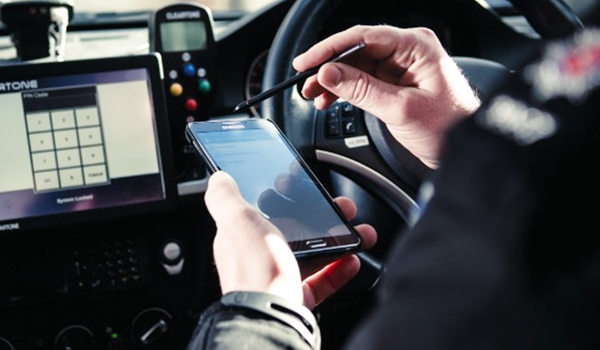Eye in sky prompts air safety fears
With the continued development of unmanned aerial vehicles (UAVs), increasingly moving away from purely military use and into civilian environments, air safety specialists have raised fears that safety could be compromised if the wide-scale use of these vehicles is adopted.

With the continued development of unmanned aerial vehicles (UAVs), increasingly moving away from purely military use and into civilian environments, air safety specialists have raised fears that safety could be compromised if the wide-scale use of these vehicles is adopted.
UAV technology has developed rapidly over the last few years and now offers surveillance drones that can fly at 100 mph and remain airborne for more than 24 hours. The application of these drones in law enforcement scenarios has not gone unnoticed by UK forces. However, critics have pointed out that these unmanned aircraft would have to share the same airspace as commercial planes.
Keith Auchterlonie, from the British Gliding Association, said: Our major concern is safety. People need to realise it`s not something that is far off in the future. Were very aware of the developments and are working closely with the CAA on any decisions.
Current legislation bans the use of UAVs over UK airspace, but the legislation and the rules that govern how aircraft are controlled is being reviewed as part of a £32m project called Astraea. The project is a joint effort by government and commercial organisations.
Simon Jewell, chairman of the Astraea steering board, said: It will be a challenge to evolve peoples thinking but these systems will be just as safe, if not safer, than pilots.
The drones may even be fitted with face recognition technology to follow the movements of particular people. Merseyside police has expressed an interest in using them to hover over problem estates to tackle anti-social behaviour.
Video Domain Technologies (VDT) has announced the launch of the new MemoCam DV-800 range of digital video recorders.


